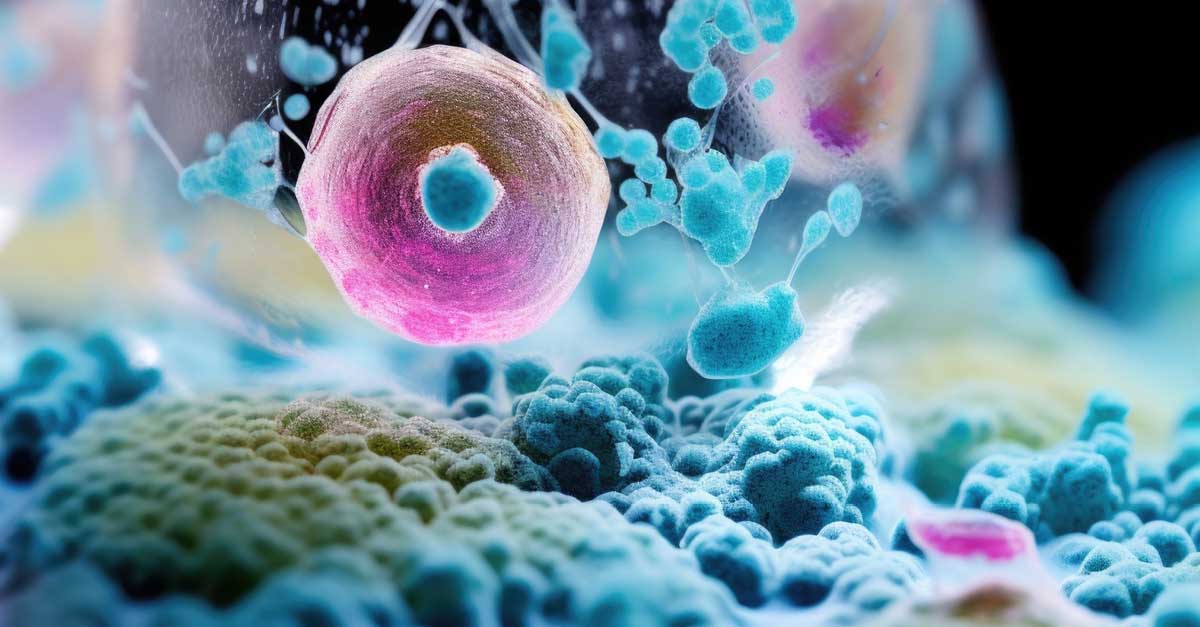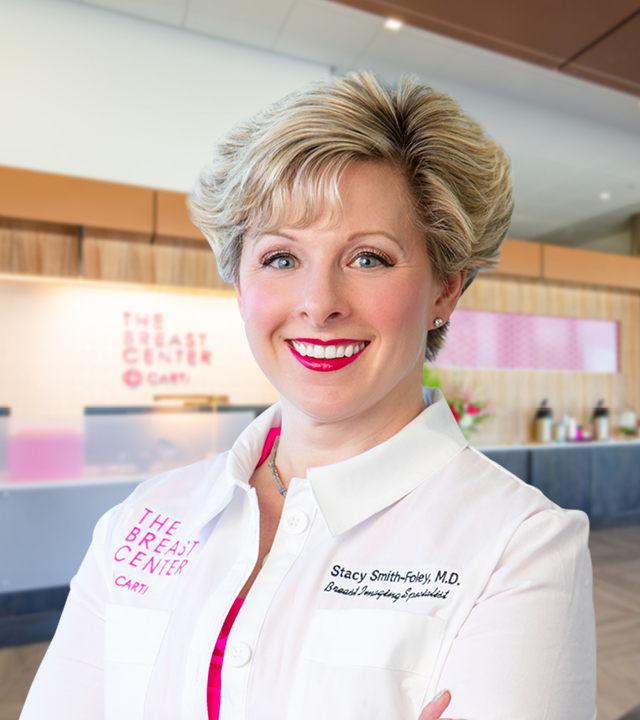Does Sugar Feed Cancer? See What Sweets Mean for Wellness During Treatment and Beyond

Sugar has a bad reputation, particularly when it comes to managing a cancer diagnosis. Often the question arises, does sugar feed cancer? But it’s important to understand the role that sugar plays in overall nutrition, sickness, healing and quality of life. First, let’s start with some basics.
Sugar is the building block of all carbs, and glucose is the form most used by the body. Glucose feeds all cells in the body, including cancer cells. So, yes, sugar does feed cancer – but not directly. Sugar can’t “spot feed” certain cells; ALL cells need glucose or sugar. If we don’t consume enough, our bodies are forced to make it from other sources, including protein and fat. Depleting protein and fat can lead to a weakened immune system, which is the last thing we want during cancer treatment.
The (Indirect) Link Between Sugar and Cancer
Sugar does not cause cancer. However, there is a link between increased sugar intake – more specifically with sugar-sweetened beverages – to obesity, excess weight and high insulin levels, which DO contribute to cancer. In general, dietary guidelines for most people limit sugar to less than 10% of daily calories. So following a low-sugar diet does help prevent cancer in terms of obesity, but not necessarily in the sugar itself.
Unfortunately, we have a serious problem with obesity. Recent data from the Centers for Disease Control and Prevention shows that obesity is continuing to increase in the U.S., now at a rate of 39.8% among adults aged 20 to 39 years, 44.3% among adults aged 40 to 59 years, and 41.5% among adults aged 60 and older. Obesity-related conditions – including heart disease, stroke and certain types of cancer – are among the leading causes of preventable, premature death.
Uncovering Hidden Sugar
A bit of good news? Over the last few years, we’ve seen a decrease in consumption of sugar-sweetened beverages. While it’s a great start, we still have work to do. The typical American diet is higher in sugar, especially added sugar, than recommended. Unfortunately, even “harmless” or “healthy” products can sneak a hefty dose of sugar into your diet. Here are a few surprising offenders to watch out for:
- Pasta sauces – many have 6-12 grams of sugar per serving
- Granola bars – sweeteners and chocolate chips ramp up sugar
- Yogurt – protein and calcium are great, just avoid added sugars
- Instant oatmeal – love the fiber, but not the 10-15 grams of sugar many fruity varieties have; switch to plain or low-sugar varieties
- Salad dressings – check the sugar content, or go with a simple oil-and-vinegar mix
- Breakfast cereals – even healthy-sounding options can be packed with sugar, so read the label
- Energy drinks – that boost comes from caffeine and, often, a lot of sugar
- Packaged fruits – mandarin oranges can hide an astounding 39 grams of sugar in one cup (eat an orange instead!)
- Coleslaw – if this is your go-to side at the drive thru, check the nutrition online; better yet, make a low-sugar version at home
- Teas and juices – bottled versions are often full of sugar; brew your own tea and look for flavored waters or lower sugar juices
- Dried fruit – when you remove all the water, the naturally occurring sugar in a big serving of fruit gets concentrated into a very small size
- Ketchup – seems harmless, but some varieties contain 4 grams of sugar per tablespoon
When Sugar is the Hero
One of the most common challenges of cancer treatment is dealing with taste changes that occur with chemotherapy. Many patients are plagued with a constant bitter or metallic taste, which can make it hard to eat and even lead to unwanted weight loss. A little sugar – in the form of honey, agave or maple syrup – can help offset those taste changes, making it easier to get in the nutrition patients need to maintain strength (and also continue to enjoy life!).
For some people undergoing cancer treatment, foods can taste sickeningly sweet. A good trick then is to add a few squeezes of lemon.
I encourage people to experiment in the kitchen during treatment. Try foods you didn’t like before. Try different spices and different herbs. You might be surprised! Fortunately, unwanted taste changes often go back to normal once treatment is complete.
Upgrading Your Sugar
During cancer treatment, patients might want to limit sugar to less than 10%, but not to the point of losing nutrition (always discuss dietary guidelines and recommendations with your care team). It’s a good idea to choose better sources of carbs, such as fruits, whole grains and starchy vegetables, over sugary sweets that don’t offer much in the way of nutrition. For instance, for a sweet treat, try a cup of Greek yogurt or cottage cheese with a drizzle of maple syrup and a few berries or jam. Still sweet, but delivered with great nutrition.
We like to say “avoid naked carbs!” That’s because pairing carbs – especially simple carbs – with protein and healthy fat helps maintain a good nutritional balance and avoid the dreaded sugar spike. But if a patient wants to have the occasional cup of ice cream? Go for it. That special treat also comes with some fat, some calcium and some protein.
Building the Ideal Plate
Here’s a simple breakdown we can all use for filling a plate: ¼ of the plate for protein, ¼ of the plate for whole grains or starchy veggies, ½ of the plate for non-starchy veggies or fruit and beans. Add in a sliver of healthy fat, too, like olive oil or avocado. (Side note: in general, we ALL need more vegetables, and more variety of vegetables, in our diet. Seriously, get those veggies in for you and your family!)
Although that plate formula is a great starting point, cancer patients might need to work with a dietitian to create a more personalized plan that works during treatment. For instance, if GI distress is a challenge, we can swap out complex carbs (like quinoa) for easier-to-digest simple carbs (like white rice). Remember, we want to prevent malnutrition and unwanted weight loss while helping cancer patients enjoy eating and everyday activities as much as possible.
Eating Well During Cancer Treatment
If you or a loved one is struggling with taste changes, malnutrition or weight loss during cancer treatment, talk to your care team about consulting a dietitian. Although limiting adding sugars is typically a good idea, it’s just as important to use sugar wisely to offset taste changes, improve overall nutrition and continue enjoying life, one meal at a time.
Megan Crain, RDN, LD, is a dietitian specializing in patient nutrition at CARTI Cancer Center in Little Rock. Be sure to learn more about the services and resources CARTI offers cancer patients.






